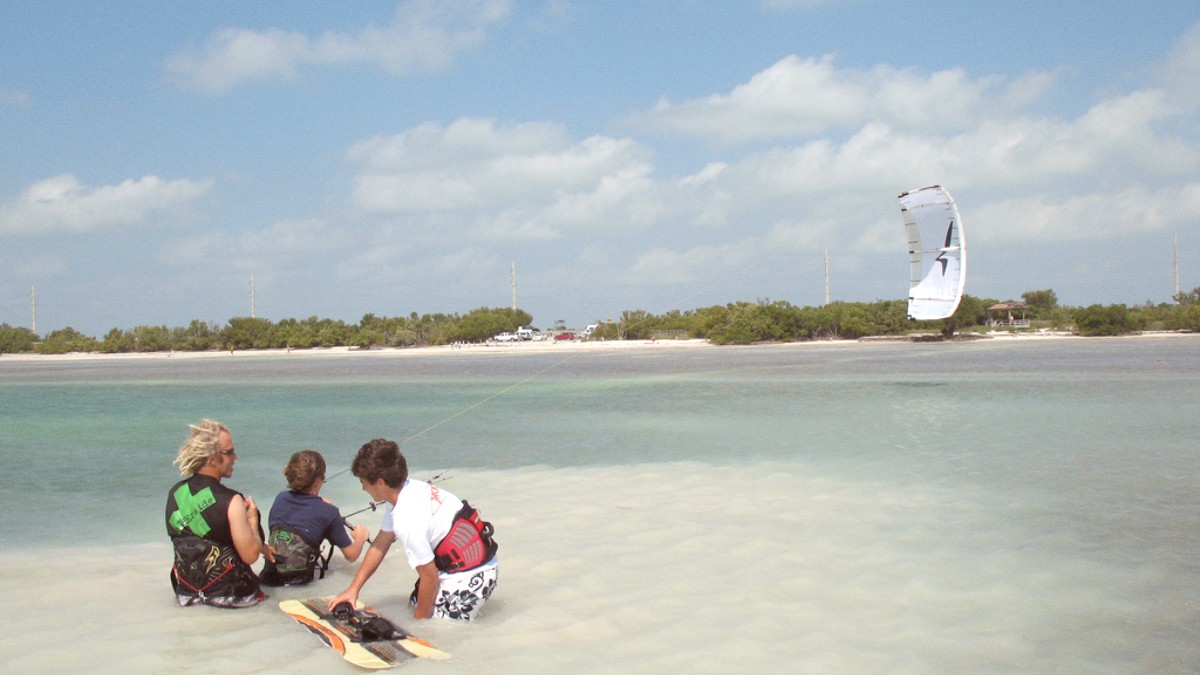
Florida, USA
Common health concerns in the Keys relate to the climate and environment. Sunburn and heat-related issues are prevalent due to high UV index and humidity. Insect bites from mosquitoes and "no-see-ums" occur, especially at dawn and dusk. Marine life encounters, like jellyfish or stingrays, can cause irritation.
Tap water throughout the Florida Keys is safe to drink. Restaurants adhere to U.S. Food safety standards. Practicing good food hygiene, especially with seafood, is a sound practice.
Access to healthcare and emergency services is readily available throughout the Keys.
Hospitals, urgent care centers, and pharmacies are located across the region for medical issues or prescription needs.
Low, with some petty crime in crowded areas.
The Florida Keys generally boast low crime rates, notably for violent crime. Petty crime can occur in crowded tourist areas.
While safe overall, be aware of surroundings on Duval Street late at night. Secure bicycles with a good lock. Avoid leaving valuables unattended.
Mainly revolves around hurricanes.
Officially runs from June 1 to November 30. Peak months are August, September, and October. Monitor weather alerts.
Can cause localized flooding in low-lying areas, especially in the fall. These are typically a nuisance, not a danger.
Local authorities and essential services.
Police, Fire, Ambulance: Dial 911 (toll-free from any phone).
Monroe County Sheriff's Office: (305) 292-7000. U.S. Coast Guard: Dial 911 or use VHF Channel 16 for marine emergencies.
Lower Keys Medical Center ( West), Mariners Hospital (Tavernier), Fishermen's Community Hospital (Marathon).
Several urgent care clinics operate across the Keys for non-life-threatening medical issues. Major pharmacy chains (CVS, Walgreens) are widely available for prescriptions and over-the-counter medications.
A comprehensive policy is highly recommended for medical emergencies or trip cancellation.
Look for medical emergencies, trip interruption, lost luggage, and emergency evacuation.
Compare policies to find one with adequate coverage. Consider World Nomads or SafetyWing.
Check if your policy includes coverage for weather events like hurricanes.
Carry copies of passport and insurance details separately.
Pack lightweight, breathable fabrics. These materials help you stay comfortable in the humidity and heat. The Florida Keys have a very casual atmosphere. No specific cultural dress code considerations or modesty requirements exist beyond general public decency.
Year-round include Swimsuits, shorts, t-shirts, and casual dresses or skirts. The Keys are known for their relaxed dress code.
Focus on comfort and practicality. Sandals and flip-flops are the footwear of choice for most casual outings.
Prepare your digital tools for a seamless journey in the Keys.
Decide whether to bring your own equipment or rent it locally. This depends on your comfort with rental gear and frequency of use.
Bringing your own Snorkeling mask and snorkel set and fins ensures comfortable and hygienic fit. For certified divers, a personal mask, fins, and Dive computer might be preferred.
A Waterproof dry bag is useful for protecting electronics and valuables during water excursions like kayaking or paddleboarding.
Pack a thoughtful selection of health and wellness items to address common travel ailments or emergencies.
Basic wound care: Adhesive bandages, antiseptic wipes, sterile gauze.
Pain relievers like Ibuprofen, Acetaminophen, and allergy medication.
Common health concerns relate to the climate and marine environment. Sun exposure and insect bites are frequent. Marine life can cause irritation.
After-sun lotion with aloe vera and sting relief wipes.
Don't overlook smaller items that greatly improve travel comfort and security throughout your trip.
Travel neck pillow, Eye mask, and Earplugs for rest.
Padlock for luggage, Money belt, and RFID-blocking wallet for security.
| Item | Description | Benefit |
|---|---|---|
| Reusable Water Bottle | Tap water is safe. A Reusable bottle with a filter is useful. | Stay hydrated, reduce plastic waste, save money on Bottled water. |
| Reusable Shopping Bag | Some stores charge for plastic bags. | Useful for purchases, environmentally conscious. |
| Portable Utensils | Handy for street food or picnics. | Reduces single-use plastic consumption. |